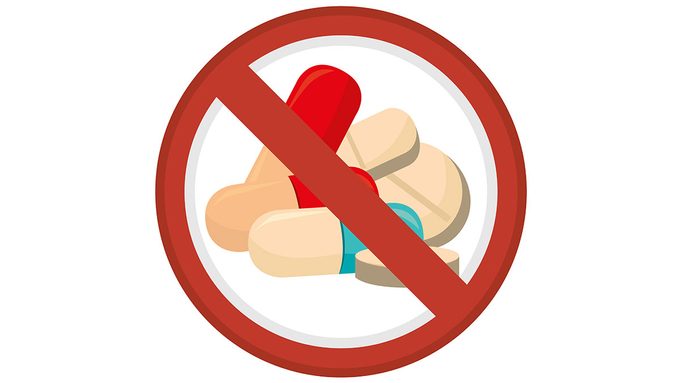Naturopath’s Advice: What Exactly Is Causing Your Headaches?
Find out the root cause of your splitting headaches, what triggers you may need to avoid and how to get pain relief naturally.

What would a naturopath do?
In naturopathic medicine, we aim to treat the root of health problems. When it comes to headaches, there are so many potential causes that we need to start with a very thorough history.
We look over your complete health history to find any factors that may contribute to or precipitate headaches.
Some patients may notice that their headaches develop after a change in the weather, while others may notice that they begin after starting a new medication or entering menopause. Sometimes patients come in with headaches that start after a fall or other physical injury. Of course, it’s not always clear to the patient what may be causing the headaches.
A complete physical exam that includes the neck, eyes, ears, spine and cardiovascular system is the next step to look for sight issues, trigger points or muscle knots. During the exam, a naturopath will look for issues like temporomandibular joint (TMJ) syndrome (a pain in the jaw often caused by grinding or clenching) or strain caused by hunching over a computer at work.
Naturopath advice for headaches
A naturopath may recommend acupuncture or massage therapy to relax the muscles or suggest a chiropractic adjustment or physiotherapy exercises.
If there’s no clear external reason for the headaches, a blood test is the next step to determine if there’s an internal issue, such as vitamin deficiencies, anemia, dehydration or food sensitivities. Foods like dairy and chemicals like MSG and artificial sweeteners are common triggers.
Patients who react to certain foods may notice gas or bloating around the time they develop a headache, and a blood test can confirm it.
If no issues are evident from the physical exam or blood test, a more subtle trigger, such as hormones or changes in barometric pressure, might be to blame.
Though these aren’t factors that can be easily avoided, there are things you can do to reduce inflammation and spasms in blood vessels, which are the bodily responses that underlie headaches.
B vitamins can help dilate of blood vessels, while magnesium helps relax blood vessels. Herbs like feverfew and butterbur can also help decrease inflammation and the reactivity of blood vessels, which could help reduce the frequency of your headaches.
Dr. Sanjay Mohan Ram is a naturopathic doctor at Cross Roads Naturopathic Clinic in Vancouver.
Wondering how much pain reliever is safe to take for a headache? Check out: This Is Exactly What (And How Much) Headache Medication To Take




